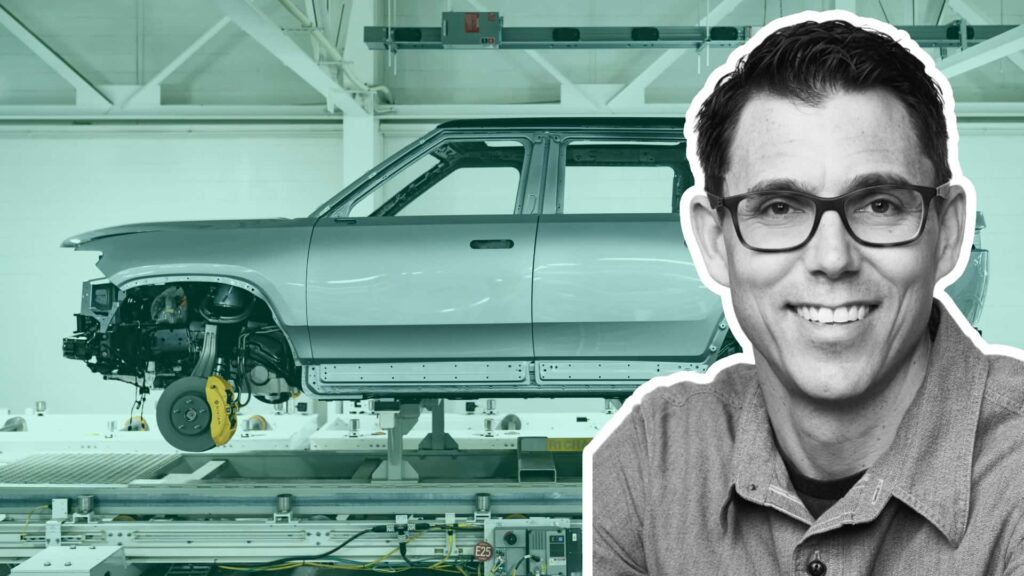R.J. Scaringe, the founder and CEO of Rivian, is expressing concerns about the potential impact of tariffs imposed by President Donald Trump, rather than focusing on the EV tax credit. Scaringe emphasized that the implications of these tariffs could be far more significant than the effects of the IRA tax credits. With Trump targeting imports from Mexico and Canada with 25% tariffs, the automotive industry is bracing for potential challenges.
The proposed tariffs are aimed at pressuring Mexico and Canada to address issues related to drugs and undocumented immigration. However, American consumers and companies are likely to bear the brunt of these tariffs, as they could lead to higher prices for finished goods and their component parts. Scaringe highlighted the potential inflationary impact of these blanket tariffs, which could have damaging economic consequences.
The automotive industry, in particular, is at risk due to its reliance on Mexico and Canada for building car parts and vehicles. The U.S.-Mexico-Canada agreement has historically allowed for tariff-free trade between the three countries, but the proposed tariffs could disrupt this arrangement. Many automakers have invested heavily in production capacity in Mexico, and the need to remap supply chains or absorb higher costs could have widespread repercussions.
Scaringe noted that Rivian is somewhat insulated from these challenges as a significant portion of its vehicle components are manufactured in the U.S. However, the ripple effects of higher costs throughout the automotive supply chain could still impact the company. The looming tariffs could potentially affect 3.6 million light-duty vehicles sold in the U.S. in 2024, representing about 22% of total sales.
Automakers like Stellantis, General Motors, Nissan, and Volkswagen are among those most exposed to the risk of tariffs, according to a report by S&P Global Mobility. With a significant portion of their U.S. sales sourced from Mexico, these companies could face challenges if the tariffs are implemented. Electric vehicles, in particular, could be impacted, as they are already more expensive than traditional gas-powered vehicles.
While the situation remains uncertain, the automotive industry is closely monitoring developments related to the proposed tariffs. The final measures could have varying impacts on different sectors of the industry, depending on the specific goods targeted. Despite the challenges ahead, companies like Rivian are preparing for potential disruptions and evaluating their strategies to navigate the changing trade landscape.

